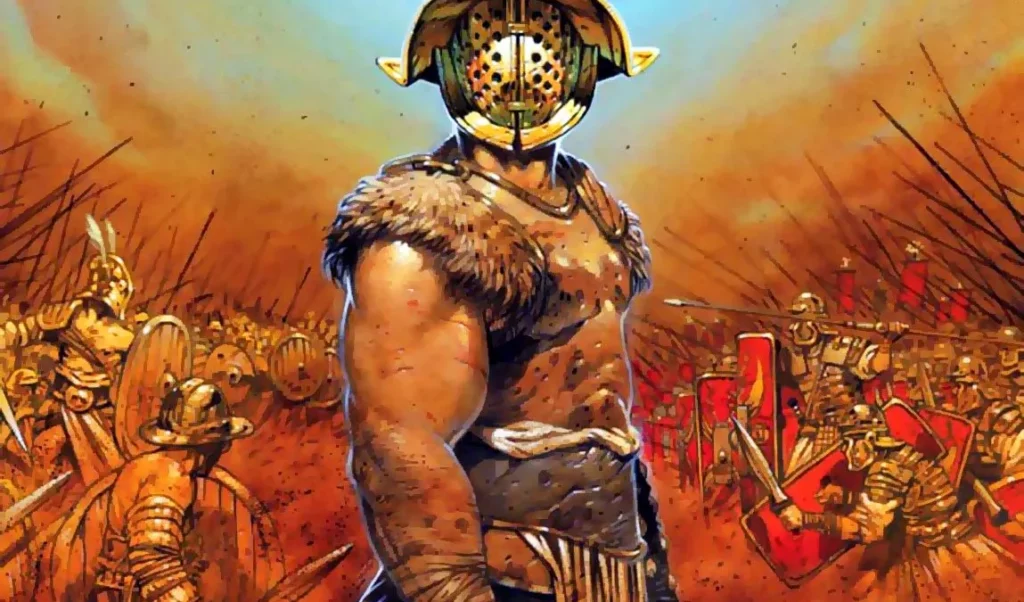
“Classical society had reached a very high cultural and administrative level by the first century BC, probably as high a level, in general, as was reached anywhere prior to the Industrial Revolution, which began about 1750. Many of the prerequisites for such a technical revolution existed in classical society. What held back such a scientific revolution seems to have been chiefly the basic institution of slavery, at all times and places so wasteful economically and so inimical to both scientific and economic development. If the victorious Spartacus had abolished slavery … even for a short time, it is possible, though not very likely, that an industrial revolution might have followed. In which case, the whole history of the Western world would have been entirely different. … Indeed, if one elects to pursue the theme further, the ancient proletariat might have been transformed into a modern one without the retrogressive interregnum of the Dark and Middle Ages; and socialism might have found its ‘Marx’ in antiquity and made its historic appearance in the classical world. Had this been the case, our modern professors of mechanical ‘inevitability’ would have inevitably proved how inevitable the whole process was! – Frank Ridley, Spartacus.
We are Spartacus!!
Class Wargames is refighting the 71 BCE Battle of Silarus between Spartacus’ army of rebel slaves and Marcus Crassus’ Roman legions. Spartacus found his army trapped between the armies of Marcus Crassus to his front and Gnaeus Pompey, approaching from the rear. Crassus had started construction of his camp when a skirmish between the two armies escalated into a full battle. Crassus’s troops formed more quickly, and launched an effective attack before Spartacus could deploy all of his troops. Spartacus, seeing that his army was in jeopardy, killed his warhorse in front of the troops he had formed, a clear sign of defiance that could only mean one thing—he would fight to the death. As it became clear that his army was being defeated, Spartacus attempted to cut his way through the Roman troops to kill Crassus in one last desperate attempt to save the day. Spartacus was cut down by an arrow. In the end, thousands of men lay dead near the River Silarus, with Spartacus simply one body amongst many. Over 6,000 slave soldiers were captured, and Crassus had them all crucified along the Appian Way, from Capua to Rome. Crassus had defeated Spartacus, but Pompey managed to mop up a few thousand slave fugitives, and took credit for ending the rebellion.
Join us at Rule Zero to reverse this tragic outcome on the ludic battlefield!
Rule Zero
3 Succession Walk
London
E3 2RX
